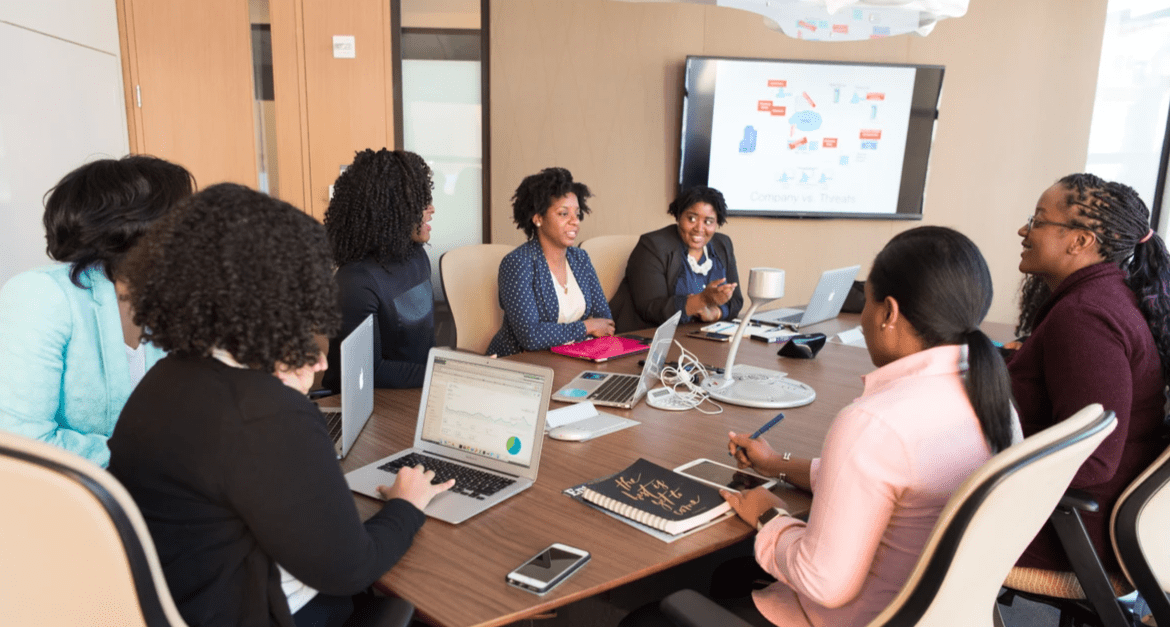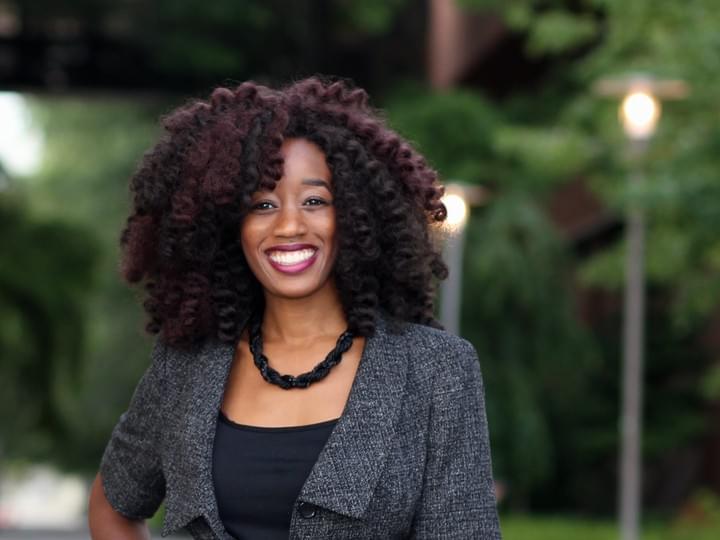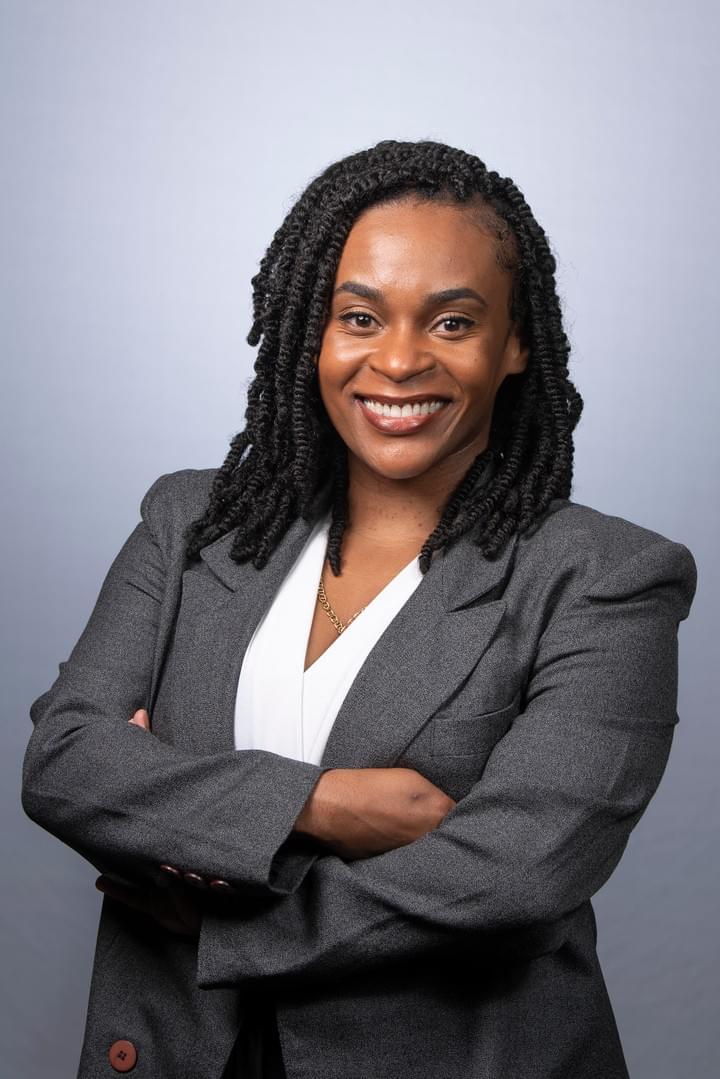
Building Equitable System Responses for Survivors
Creating inclusive and empowering conditions that are free from oppression
1Asking to Understand
Assessing needs to understand social conditions
2Finding Out What Works
Identifying empowering conditions in organizations and across systems
3Naming the Barriers
Understanding impediments to gaining power
4Offering Alternative Responses
Providing future directions
for advocacy
Asking to Understand
Assessing Needs to Understand Social Conditions
Nnawulezi, N. & Hacskaylo, M. (2021). Identifying and responding to the complex needs of domestic violence housing practitioners at the onset of COVID-19. Journal of Family Violence. Advanced online publication.
Finding Out What Works
Identifying Empowering Conditions in Organizations and Across Systems
Nnawulezi, N., & Dones, M. (2021). Housing strategies for addressing domestic violence and abuse. In J. Devaney, C. Bradbury-Jones, S. Holt, C. Øverlien, R. Macy (Eds.), The Routledge Handbook of Domestic Violence and ABuse. Routledge.
Naming the Barriers
Understanding Impediments to Gaining Power
Nnawulezi, N., & Case, K., & Settles, I. (2020). Ambivalent racial consciousness: Examining intersectional reflectionand complexity in practitioner graduate training. Women and Therapy, 43(3-4), 365-388.
Offering Community-Based Responses
Offering Future Directions in Advocacy
Bryant, L.*, Godsay, S., & Nnawulezi, N. (2021). Envisioning human service organizations free of microaggressions. New Ideas in Psychology, 63. Advanced online publication.
Transformative Research Methods
Utilizing innovative research methods to create safe, healthy, and thriving communities
What it Means
Opara, I., Chandler, C., Alcena-Steiner, D., Nnawulezi, N., & Kershaw, T. (2020). When pandemics call: Community-based research considerations for HIV Scholars. Aids & Behavior, 24(8), 2265-2267.
How to Do it
Jumarali, S.*, Nnawulezi, N., Royson, S.*, & Lippy, C., Rivera, A.N., & Toopet, T. (2021). Participatory research engagement of vulnerable populations: Employing survivor-centered, trauma-informed approaches. Journal of Participatory Research Methods, 2(2).
Nnawulezi, N., Rivera, E., & Gregory. K. (2012). Bridging facilitation and community psychology: Promoting meaningful community collaboration through facilitation. The Community Psychologist, 45(3), 30-31. (peer-reviewed article in society newsletter)
Research Team
RELA: Research for Empowering and Liberatory Action

RELA is a community-based research group guided by principles of empowerment, transformative justice, and liberation. Their research focuses on developing evidence that will contribute to interpersonal, community, and systems-level change with an intentional aim to eradicate intimate partner and structural violence in all of its forms. They do this by implementing survivor-centered, trauma-informed approaches to:
1) partner with survivors to take action;
2) increase survivors' access to resources;
3) improve survivors' housing conditions; and
4) increase interpersonal and community supports within marginalized communities.
The RELA Team

Nkiru Nnawulezi, PhD
Director
Dr. Nnawulezi (she/her) is deeply committed to improving the social and material conditions for survivors of gender-based violence who experience structural marginalization and stigmatization, specifically survivors of color, survivors living with HIV, queer and trans* survivors, low-income survivors, survivors who are unhoused, survivors with addictions, and survivors with severe mental health conditions.

Clarice Hampton
Project Director
Clarice Hampton (she/her) is a Ph.D. student in the Community Psychology program at the University of Maryland, Baltimore County. She received her Bachelor of Arts in Psychology from Binghamton University- State University of New York and her Master of Arts in Counseling and Community Psychology from Russell Sage College. Clarice is a RWJF Health Policy Research Scholar. She is deeply committed to understanding the role of social and structural factors that impact health outcomes across marginalized groups. More specifically, Clarice seeks to uplift the voices of Black women who experience multiple forms of marginalization, particularly those living with HIV, by using systemic approaches to advocate for transformative change.

Soleyana Denu
Research Assistant
Soleyana (she/her) is currently an undergraduate student at the University of Maryland, Baltimore County (UMBC) pursuing a Bachelor of Arts in Psychology. She plans on completing a PhD in Community and Legal psychology after obtaining her bachelors. Soleyana has always been passionate about helping folks in Black and brown neighborhoods on the systemic and individual level. She enjoys volunteering both at her city’s local non-profit, Paul’s Place, and individually, to provide folks who are unhoused necessities. In addition to her current research assistant position with RELA, Soleyana also mentors Psychology 100 students at UMBC. She is excited to join RELA to assist with IPV/GBV research and provide survivors with beneficial resources.
RELA Projects


Survivor Needs Assessment Project

Housing Displacement Study

Disseminating Our Research
2019 Society for the Psychological Study of Social Issues Conference
2020 International Conference of Community Psychology



